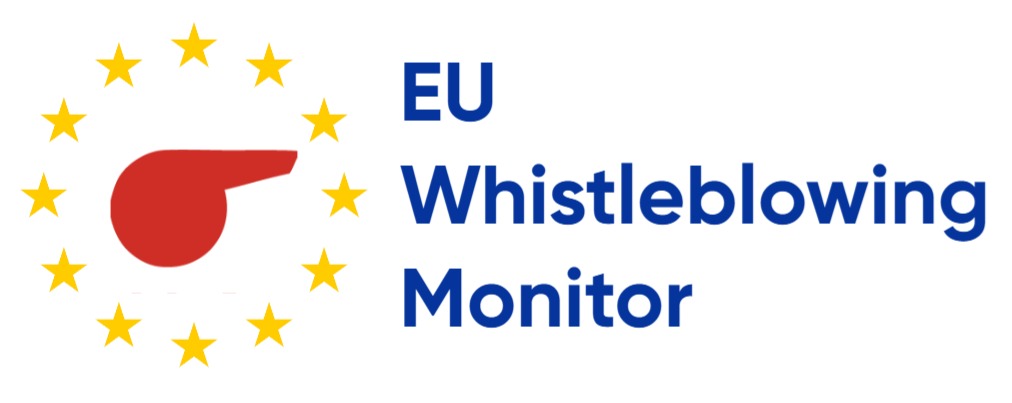Source: library.oapen.org
New analysis on the transposition of the EU Directive on Whistleblowing into Polish national law has been published. The paper – ‘Implementation of the EU Whistleblower Directive in Poland’ – forms a chapter in a new Book “Europe’s New Whistleblowing Laws”
The author, Marta Kozak-Masnicka highlights challenges facing Poland in implementing the landmark new EU requirements on Member States to introduce strong whistleblower protection.
The transposition process began in December 2020 in Poland but has faced delays. Several versions of a draft bill on the protection of whistleblowers have been published, but none of them have yet been forwarded to the Parliament. All member states should have transposed the Directive fully by 17 December 2021. The European Commission referred Poland to the Court of Justice of the EU in February 2023 for this reason. The article flags key issues, including:
- Lack of adequate legal protection: As there are no dedicated, comprehensive regulations protecting whistleblowers in Poland, in cases of retaliation, labour law provisions are applied – which are considered ineffective in whistleblowing cases).
- Limited Worker Protection: Poland’s labor law fails to cover millions of workers not in traditional employment relationships, leaving them vulnerable to retaliation for whistleblowing.
- Courts’ Limited Jurisdiction: Poland’s courts can only investigate reasons provided by employers for termination, making it challenging to prove if whistleblowing was the actual cause of the retaliatory action.
- Ineffective Equal Treatment Provisions: Existing provisions on equal treatment and harassment fall short in protecting whistleblowers due to the difficulty in proving discrimination.
The analysis also examines the Draft Act’s material scope, personal scope, protection measures, whistleblowing channels, and sanctions. Notably, the proposals lack dedicated interim relief measures and may not provide adequate incentives for whistleblowers.
The paper’s author, Marta Kozak-Masnicka said:
“Now, almost three years after the beginning of the transposition process in Poland, we have nine versions of the draft bill. We still do not implement the Directive to guarantee adequate protection for whistleblowers. Ministries in the government cannot agree on the final shape of the whistleblower protection law. Moreover, there is a lack of political will to implement law which imposes additional obligations on employers and public administration. The current situation is unlikely to change soon (Poland’s parliamentary elections are due to take place on 15 October). The new government will be able to take advantage of the work done so far on the draft law, but it is unlikely to address this immediately after the elections (it is not a priority issue). Therefore, whistleblowers can enjoy EU protection if the Directive has a direct effect or by asserting their rights before the European Court of Human Rights on the basis of Article 10 of the European Convention of Human Rights.”
